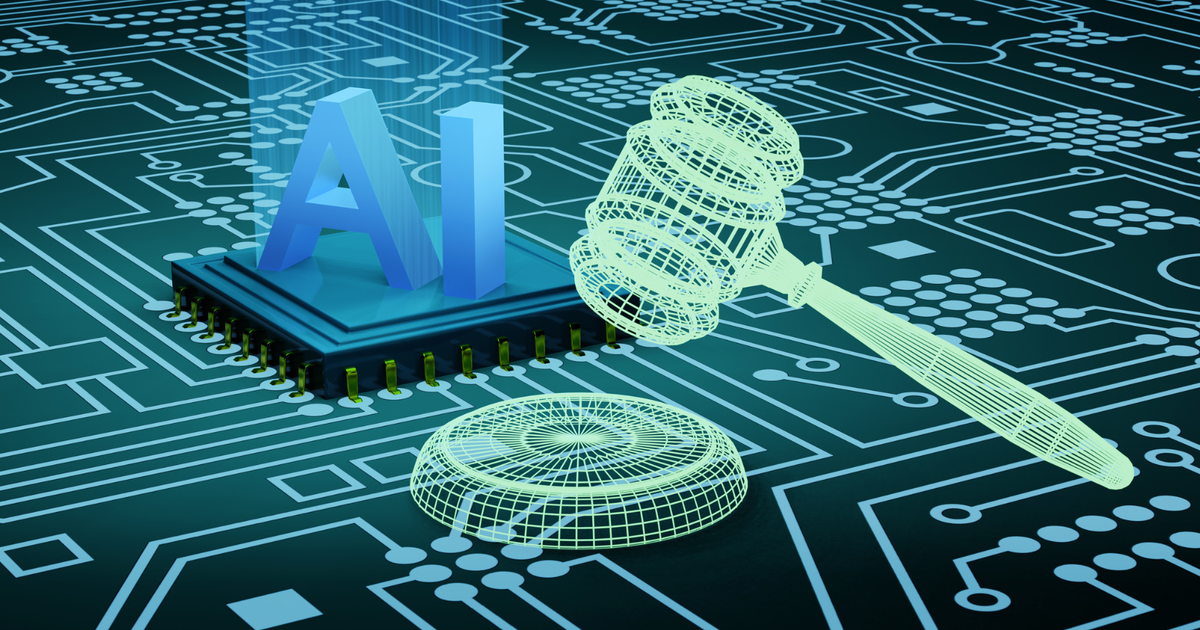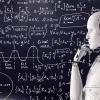The rapid advancement of artificial intelligence has ushered in an era of unprecedented technological capability, fundamentally transforming how we approach work and productivity. As AI systems become increasingly sophisticated, they’re not merely augmenting human capabilities—they’re replacing entire job categories across industries ranging from manufacturing and customer service to data analysis and even creative fields. This technological revolution brings with it a complex web of ethical considerations that society must urgently address.
The promise of AI in the workplace is undeniable: increased efficiency, reduced operational costs, enhanced accuracy, and the ability to process vast amounts of data at superhuman speeds. Companies worldwide are embracing these technologies to remain competitive, with a significant majority of hiring managers now using AI to screen resumes. However, this rapid adoption has sparked intense debate about the moral implications of systematically replacing human workers with machines.
The ethical dilemma extends far beyond simple economic calculations. When we consider AI’s impact on employment, we’re confronting fundamental questions about human dignity, social responsibility, and the kind of society we want to create. Workers facing unemployment due to automation may experience not only financial hardship but also reduced self-esteem and a diminished sense of purpose. The concentration of wealth and power in the hands of those who control AI technology threatens to exacerbate existing socioeconomic inequalities, creating a two-tiered society where technological ownership determines economic fate.
As we stand at this crossroads, the challenge isn’t whether to embrace AI—that ship has sailed—but rather how to implement these powerful technologies in ways that honor our collective humanity while harnessing their transformative potential.
The Human Cost of Technological Progress
The most immediate ethical concern surrounding AI implementation is widespread job displacement. Economic analysts project that AI could potentially replace hundreds of millions of jobs globally, with administrative positions being most vulnerable, followed by roles in law, architecture, and engineering. This isn’t merely a statistical projection—it represents millions of individuals whose livelihoods and identities are intertwined with their professional roles.

The psychological impact on displaced workers extends beyond financial concerns. Many individuals derive their sense of purpose, social connection, and personal identity from their work. When AI systems eliminate these roles, the human cost includes diminished self-worth, social isolation, and the challenge of rebuilding professional identity in an increasingly automated world.
Bias and Discrimination in AI Systems
Another critical ethical dimension involves the perpetuation and amplification of existing biases through AI systems. Machine learning algorithms are only as unbiased as the data used to train them, and when that data contains historical prejudices, AI systems can institutionalize discrimination at scale. High-profile incidents involving gender-biased recruitment tools and algorithmic favoritism demonstrate how AI can systematically disadvantage certain groups.
This bias problem is particularly concerning in hiring and performance evaluation contexts, where AI decisions can determine career trajectories and economic opportunities. The opacity of many AI systems—often referred to as “black boxes”—makes it difficult to identify and correct these biases, raising questions about accountability and fairness in automated decision-making.
Corporate and Governmental Responsibility
The ethical implementation of AI requires proactive responsibility from both corporations and governments. Companies have a moral obligation to support workers displaced by automation through reskilling and upskilling programs rather than simply laying off employees. This approach not only addresses the immediate human impact but also creates a more adaptable and skilled workforce.
Regulatory frameworks are beginning to emerge to address these challenges. Modern AI legislation prohibits certain high-risk AI practices in employment contexts, including emotion recognition technologies and social scoring systems, while mandating transparency and bias audits for permitted AI systems. Such regulations represent crucial steps toward ensuring that AI development serves broader social interests rather than narrow corporate profits.
Building an Ethical AI Future
Creating an ethical framework for AI in the workplace requires balancing technological advancement with human welfare. This involves maintaining human oversight in critical decision-making processes, ensuring transparency in AI operations, and preserving roles that require uniquely human capabilities such as creativity, empathy, and complex interpersonal skills.
The path forward demands collaborative effort between technologists, policymakers, and society at large to ensure that AI enhances rather than diminishes human potential and dignity.




